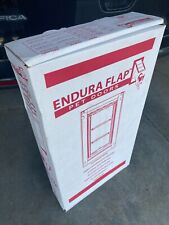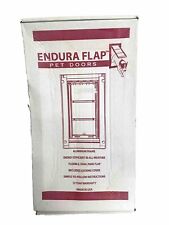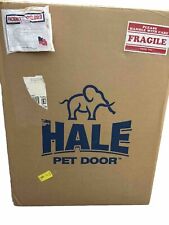Food Allergies Can Dog Canines Too

"It certainly seems like we’re seeing more dogs with food allergies, similarly to humans," says Mona Boord, DVM, co-owner of the Animal Dermatology Clinic in San Diego.
Veterinarians caution that there are two types of issues your dog may have with foods.
Food Intolerance
The most common problem is food intolerance, or food sensitivity, which means your dog isn’t digesting a particular type of food well. Food intolerance is a non-immunologic response that can trigger such symptoms as gassiness, vomiting, diarrhea and borborygmus — also known as stomach growling — according to Korrin Saker, DMV, associate professor of clinical nutrition at North Carolina State University College of Veterinary Medicine.
Food Allergy
More immediate reactions from a dog’s immune system to an offending food are food allergies. Symptoms may include intestinal distress but typically will also involve itching around the muzzle, ears, paws and sometimes around the anus. The reason itchiness occurs in these places is probably because canines have more mast cells — which contain histamines and play a key role in the inflammatory process — in these locations.
Dog Food Allergy Culprits
A host of ingredients go into many commercial dog foods today. Most pets are fine and thrive on those foods, but a small percentage may be allergic to certain ingredients. Figuring out which ingredient is important to treating an allergic condition.
"It is often a protein source, such as chicken or beef, but it can include a carbohydrate, such as wheat, and in very rare cases corn," Dr Saker says.
Dogs can also be allergic to other ingredients, such as preservatives or additives. "I’ve seen dogs that were allergic to peanut butter and tomatoes," Dr. Boord says. Peanut butter is sometimes an ingredient in dog biscuits, while tomato paste may be an ingredient in dry foods.
Veterinarians used to prescribe a diet based on lamb and rice for dogs with allergic reactions, but even those ingredients have become more common today and might be the source of an allergen. It’s less likely with rice but more so with lamb, experts say.
There are several treatment options for dogs taken to a veterinarian with symptoms of a food allergy:
Rule Out Other Ailments
The first cause of attack is to make sure that the problems aren’t being caused by something else. An intestinal parasite, for example, can cause similar symptoms. Dogs may also scratch themselves so much that they develop secondary infections. Itchiness can additionally develop as a result of allergies to environmental factors, including mold spores, pollens and cleaners, says Joseph Wakshlag, DVM, professor of clinical nutrition at Cornell University’s College of Veterinary Medicine.
Elimination Diet
Once other ailments are ruled out, veterinarians will ask you to chronicle your dog’s food history. Since common proteins like chicken and beef are frequent sources of food allergies, veterinarians will often advise that you look for foods with a "novel protein source" — something they don’t normally eat.
Hypoallergenic Foods
An assortment of commercial foods is now made for dogs with food allergies. Veterinarians advise that you look for foods with one source of protein and one source of carbohydrates — both of which should be "novel" for your pet. Kangaroo meat is one such "novel" protein, while potatoes or oats are examples of "novel" carbohydrates. In addition, a balance of omega-3 and omega-6 fatty acids can help reduce inflammation and itching.
Medicines
Lastly, there is a series of medicines that can help your dog deal with food allergies. Dogs can be given allergy shots to help build up tolerance to a food, Dr. Wakshlag says. In addition, small doses of steroids can be used to make the itchiness more tolerable for your dog. There are also immune suppressive therapies, such as cyclosporine, that can help in treatment.
If your dog shows signs of food allergies, don’t delay. The best recipe for success in treating your pet is to take it to your veterinarian to find the cause of the distress. With quality commercial foods now available that specifically address such problems, your dog will likely be eating its way back to good health in no time.













